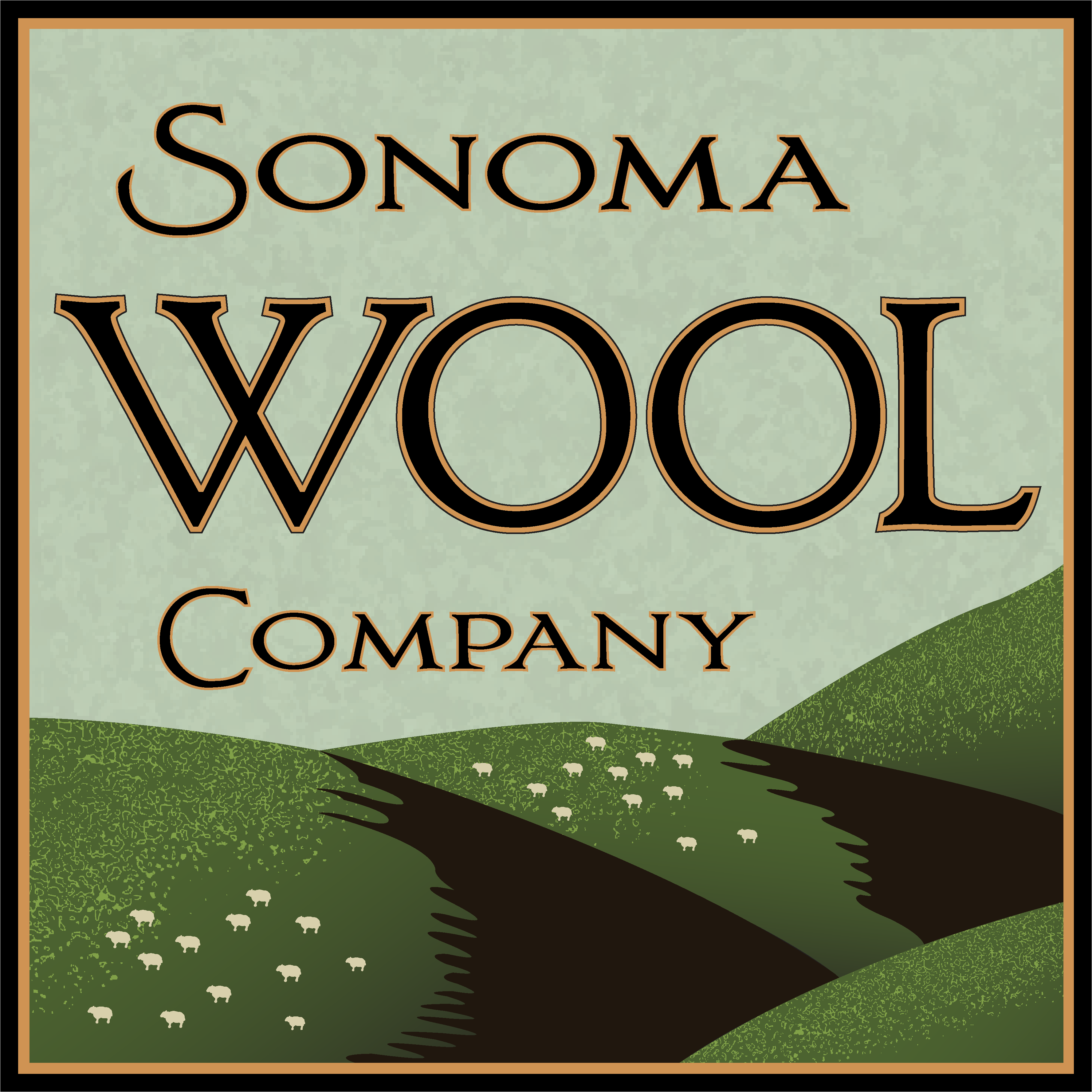Wool Bedding
-


Quick View Wool Pillow From $89.00 / -


Quick View Wool Comforter From $319.00 / -


Quick View Wool Mattress Topper From $375.00 / -


Quick View Classic Woven Wool Blanket From $99.95 / -


Quick View Wool Bolster Pillow $140.00 /
FAQs
These are some frequently asked questions about Wool Bedding.
What are the benefits of wool bedding?
Here's some of the main reasons to choose Wool Bedding:
- Temperature regulation: Wool is a natural insulator that helps regulate body temperature, keeping you warm in the winter and cool in the summer. This makes wool bedding ideal for year-round use.
- Moisture wicking: Wool can absorb up to 30% of its weight in moisture without feeling damp, which helps to keep you dry and comfortable throughout the night.
- Hypoallergenic: Wool is naturally hypoallergenic and resistant to dust mites, mold, and mildew, making it a great choice for people with allergies or asthma.
- Sustainable and Environmentally-Friendly: Wool is a renewable resource that is biodegradable and can be produced without the use of harmful chemicals or synthetic materials. Our Wool is washed with a biodegradable soap, and that's it! It's about as natural as you can get!
- Durability: Wool is known for its durability and longevity, and with proper care it can last for many years. Wool fibers can bend around 20,000 times before breaking! (Cotton breaks after about 3,000).
- Soft and comfortable: Wool fibers are naturally soft, lofty and comfortable, providing a cozy and luxurious sleeping experience.
Can wool bedding be washed?
We recommend always using a duvet cover and pillow protectors with your Wool Bedding. This will help maintain your beddings quality and integrity over along time. If your bedding needs some freshening up, here are a few tips:
- Spot cleaning: If you notice a stain or spill on your wool bedding, it's best to spot clean it as soon as possible to prevent the stain from setting in. Use a mild soap and gently blot the affected area with a clean, damp cloth. Avoid rubbing or scrubbing too much, as agitation and water can slightly felt the wool inside.
- Fresh Air: To renew and freshen your comforter, simply expose it to sunlight and fresh air for several hours. Once the bedding is dry, fluff it up to restore its loft and softness.
- Dry Cleaning: If you prefer, you may bring it to a professional dry cleaner who uses a non-toxic, chemical free method (either a non agitating wet-clean or CO2 process), but be sure to advise your cleaners that the fibers are natural wool.
Is wool bedding suitable for all seasons?
Our Wool Bedding is! We choose to use a weight that is not too heavy and not too light.
During the winter months, wool bedding can provide warmth and insulation, helping to keep you cozy and comfortable throughout the night. In the summer, wool bedding can help keep you cool and dry, as it wicks away moisture and allows air to circulate, helping to prevent overheating and sweating.
There are plenty of comforters designed for specific seasons, but ours are designed as a versatile year-round weight thanks to wools natural temperature-regulating properties.
Is wool bedding hypoallergenic?
Wool is naturally hypoallergenic, which means that it is resistant to common allergens such as dust mites, mold, and mildew. Unlike synthetic materials, wool fibers have a unique structure that helps repel allergens and prevent them from accumulating in the bedding.
Furthermore, wool has natural antimicrobial properties, which help prevent the growth of bacteria and other microorganisms that can cause allergies or irritations. This makes wool bedding a good choice for people who suffer from allergies or have sensitive skin.
Is wool bedding sustainable?
Wool is a sustainable resource for several reasons:
- Renewable: Wool comes from sheep, which can be shorn annually, making it a renewable resource. As long as sheep are raised and cared for properly, they will continue to produce wool year after year.
- Biodegradable: Unlike synthetic materials, wool is biodegradable and will break down over time, releasing nutrients back into the soil. This means that wool products won't contribute to landfill waste and can be composted or recycled.
- Low Carbon Footprint: The production of wool has a relatively low carbon footprint compared to synthetic materials. Wool is produced naturally and doesn't require the use of fossil fuels, which are a major contributor to greenhouse gas emissions.
- Supports Local Economies: Wool production often takes place in rural areas and supports local economies by providing jobs and income for farmers and their communities.
- Long-lasting: Wool is a durable and long-lasting material that can withstand wear and tear. This means that wool products will last longer than synthetic alternatives, reducing the need for replacements and further reducing their environmental impact.
Overall, wool is a sustainable resource that can be produced and used in a way that is environmentally and socially responsible.
Have another question?
Please feel free to email me at sawyer@sonomawoolcompany.com if you have any questions at all!












